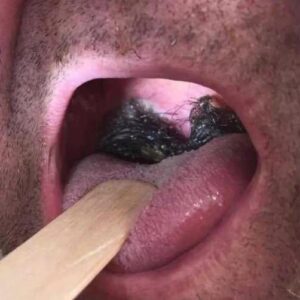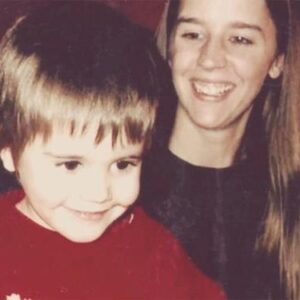Prince Harry’s visit to see his ailing father, King Charles III, has sparked discussions about the delicate nature of royal family relationships. Particularly regarding his stepmother, Queen Camilla. British journalist Petronella Wyatt, a longtime acquaintance of the Queen, shared her insights about the Duke of Sussex’s meeting with the King.
Wyatt reported that Prince Harry had no desire to be around Queen Camilla

He was indicating Prince Harry’s discomfort in her presence. “Harry, I hear, preferred not to be in the same room with his stepmother when he spoke to the King about his cancer diagnosis.” Wyatt revealed. The journalist, puzzled by Prince Harry’s animosity, also suggested that the Prince might have exhausted his list of family members to criticize. Given his history of public revelations.
In defense of Queen Camilla, Wyatt stated, “To what has sometimes been her detriment, she is incapable of machinations of any kind.” Challenging Prince Harry’s negative portrayal. This defense offers a different perspective compared to Prince Harry’s depiction in his memoir, “Spare.”
Prince Harry spoke out himself about his feelings towards Queen Camilla
In “Spare,” the Duke of Sussex delved into his uneasy relationship with Queen Camilla. Expressing, “I had complex feelings about gaining a step-parent who, I believed, had recently sacrificed me on her PR altar.” He recounted instances where he felt Queen Camilla was involved in spreading misinformation about him. Stating, “For some time, this person had been peddling unflattering stories, fake stories, about the Heir and the Spare to all the papers.”
Despite his turbulent feelings, Prince Harry emphasized his desire for his father’s happiness, including Queen Camilla’s. Yet, he candidly shared his symbolic displacement when his bedroom was transformed into the Queen’s dressing room. Revealing, “Camilla turned my bedroom into her dressing room. I tried not to care. But, especially the first time I saw it, I cared.”
A dynamic that most outside of the Royal Family would find almost confusing

This combination of Wyatt’s defense and the Duke of Sussex’s reflections portrays a complex dynamic within the royal family. Where personal emotions clash with public perceptions. Prince Harry’s struggle to reconcile his desire for family unity with his experiences of loss and exclusion highlights the ongoing challenges faced by the royal family in balancing their private lives with their public roles.
The saga of Prince Harry’s relationship with his stepmother, Queen Camilla, underscores the nuanced and often painful reality of blending families under public scrutiny. In his own words, Prince Harry invites the world to grasp the depth of his emotions and the complexity of royal family relationships. Characterized by a continual quest for understanding, acceptance, and ultimately, peace within the family.
As previously reported on February 8th
When Prince Harry recently visited King Charles III in London after his cancer diagnosis was disclosed, he stayed in a luxurious hotel. The King of England’s former butler, Grant Harrold, mentioned that Prince Harry did so to demonstrate his financial independence from his family.
A media outlet revealed that Grant and King Charles III had a working relationship spanning seven years. At that time, the King of England was still the Prince of Wales. According to Grant, the Duke of Sussex chose the hotel to prove he was “grown up enough to fund himself.” The King’s former butler also noted the security implications of this decision. Considering Prince Harry’s travel with his security team since stepping down from his royal role.
Grant speculated that if there were ongoing tensions between Prince Harry and his brother, Prince William. It’s possible he wasn’t offered accommodation at one of his father’s homes. Regarding the Duke of Sussex’s brief visit, a media outlet reported alleged displeasure from King Charles III due to delayed travel plans. However, royal expert Richard Fitzwilliams clarified that the brevity of the meeting could be attributed to the King’s fatigue from starting treatment.





